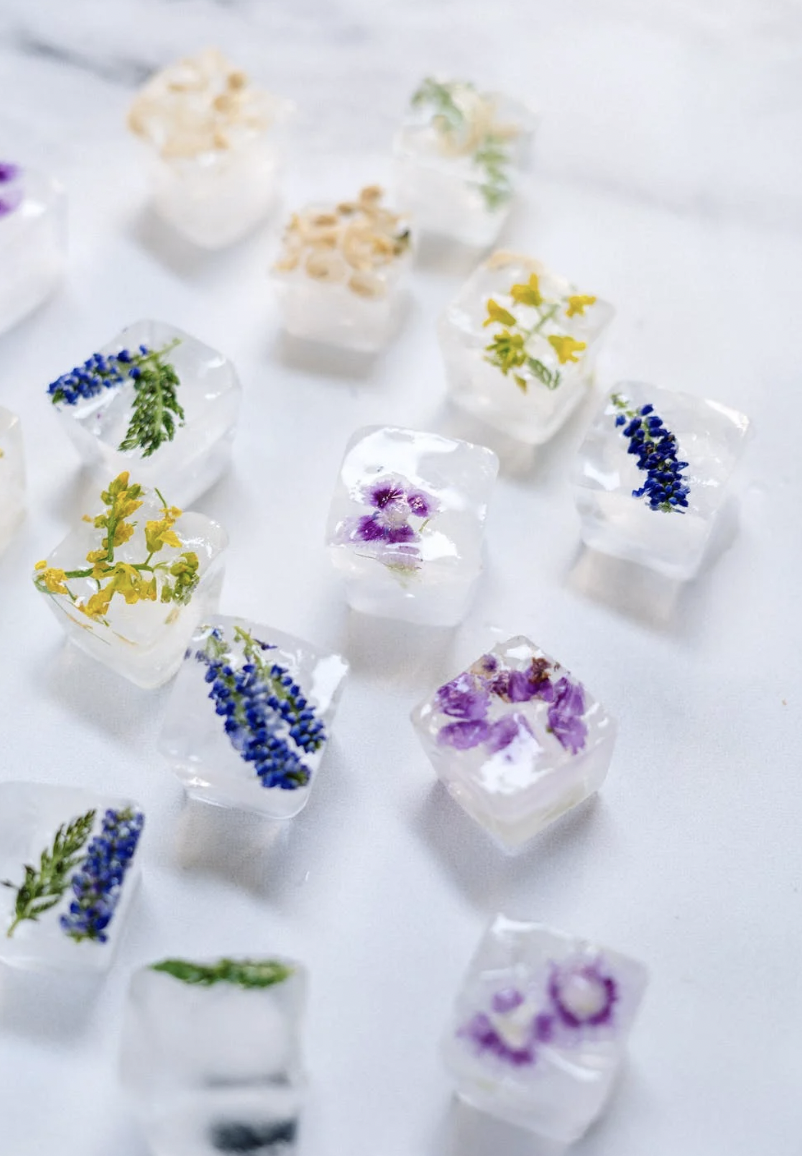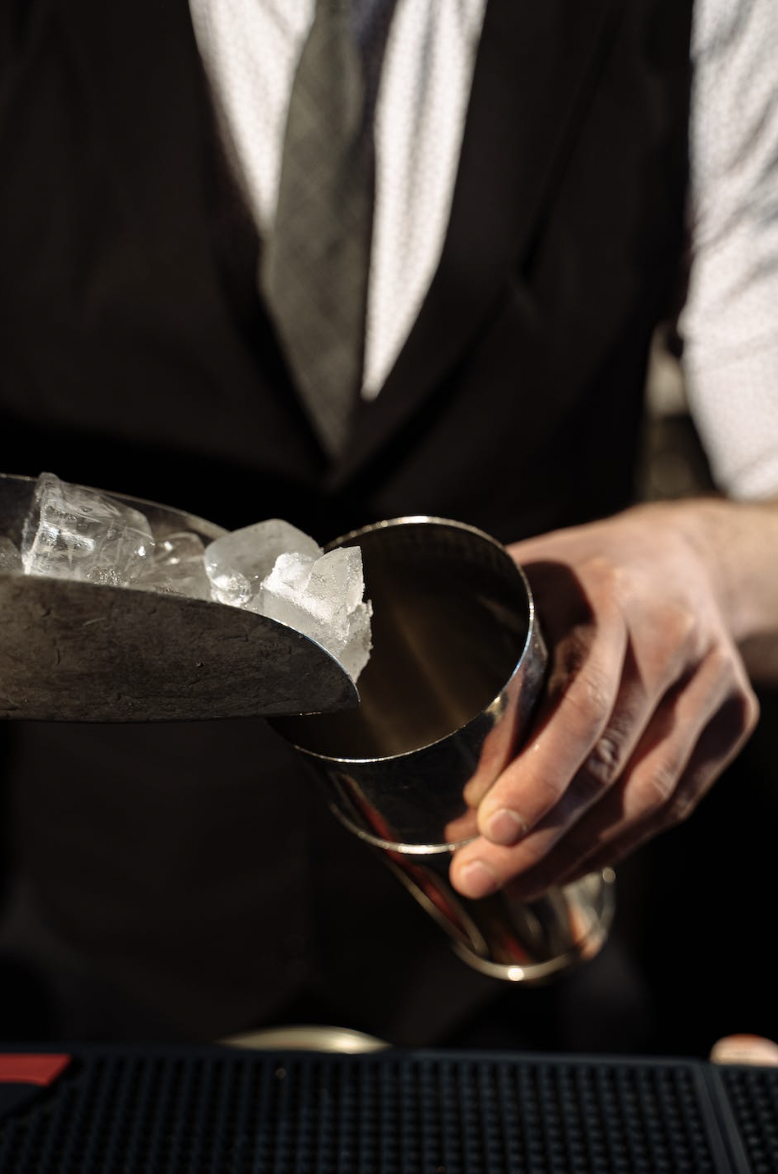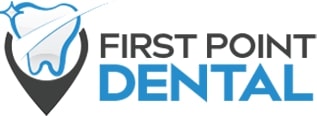Chewing Ice Can Damage Your Teeth
Learn about chewing ice can damage your teeth and why chewing ice bad for your teeth.
Teeth are one of the strongest, living body parts; but even the most sensitive. They help to bite and chew food into smaller pieces for effective digestion. They make speech clear and the smile aesthetically appealing. Having healthy, fully functional teeth makes one’s daily life more comfortable and survivable.
Chewing Ice can Damage Your Teeth? Some people take teeth seriously and develop good oral habits to ensure their long-term good health, and some may not. One of the bad oral habits is chewing on ice. Is it something to worry about? Yes, definitely. Chewing on hard ice can damage the pearly whites. This article focuses on the oral health risks of chewing on ice.
Why do People Crave Chewing Ice?
Many people frequently chew on ice. The reasons that drive this habit are:
- Stress and emotional problems: It may be relaxing for some people to chew on something, be it ice. Ice chewing can increase blood supply to the brain and stimulate the parasympathetic nervous system. This gives a calming effect.
- Dehydration: Especially when it’s too hot outside, many people always feel thirsty or have dry mouths. They find chewing on ice as a nice cool summer treat.
- Obsessive-Compulsive Disorder (OCD): For patients having obsessive thoughts, chewing on ice can be an effective solution to satisfy their behaviors.
- Anemia- This health issue is a result of iron deficiency. Anemic patients often crave to chew on ice, but the reason behind it remains unknown. Medical researchers believe that people with anemia might need ice to soothe their oral inflammation resulting from iron deficiency. They even think that chewing on ice can help anemic patients feel more alert. That’s because something cold can push more oxygenated blood up to the brain and reduce oral inflammation.

Potential Dangers of Chewing Ice
- Damaged tooth: Chewing on hard ice or biting it down with force can cause irrevocable damage to teeth. The teeth are likely to get chipped, fractured, and grounded down because of hard ice cubes getting crushed with them. While biting down on the ice, their sharp edges can crack the teeth. The ice can put pressure on small areas inside the mouth and sometimes the mouth cannot bear a load. Repeated ice chewing could cause large fractures on the tooth.
- Stripped tooth enamel: Chewing ice cubes can wear down the tooth’s outermost layer- the enamel. Just like ice, the enamel is the hardest substance in the body. It helps keep the teeth strong and protected from chewing and biting forces as well as crunching and grinding. A worn-out tooth enamel can further damage the tooth, make it sensitive, and cause cavities.
- More sensitive teeth: Chewing on ice means exposing the teeth constantly to freezing temperatures. This can lead to an imbalance in sensitivity because of damage to the nerves. Thus, people might start experiencing increased sensitivity to extreme temperatures and sugar-loaded foods in the future. If people already have sensitive teeth, chewing on ice can worsen their condition.
- Ruined dental fillings, crowns, and other restorations: Keeping freezing-cold ice cubes over the teeth can cause the expansion of pre-existing dental fillings. Expanded fillings would last for a shorter time period. If there are any existing dental crowns, bridges, or dentures; they too have a chance of breaking.
- Damaged braces: Ice chewing is not good for people undergoing orthodontic treatment. People wearing orthodontic appliances like braces can get their bonded brackets pulled.
- Damaged gum tissues: Ice cubes are hard and have sharp edges. Therefore, it can easily puncture and damage the gum tissues. The gum’s condition may get worse by chewing ice if the gums are already having issues.
- Headaches/Toothaches/Jaw soreness/Brain freezes: Chewing on ice can even cause other irritations to the body. While chewing ice, people have to move their jaw to bite down and crush the ice. This can lead to headaches, sore jaws, and even brain freeze conditions. Furthermore, they can experience intense toothaches because of their irritated soft tissues.

How to Break the Habit of Chewing Ice Once and for All?
Use alternatives of hard ice cubes- There are plastic balls available on the market shelves which you can freeze and then plop into your drinks. This inedible alternative to ice cubes can help keep your beverage cool like ice. You can even keep your beverage cool for a long time without being compelled to eat ice by using a frosted glass.
Have soft, slushy ice- Having hard ice cubes can hurt the teeth. So, it’s better to use crushed ice for cooling beverages. When soft, slushy ice is put inside the mouth, it can turn into water just before it hits the teeth. It can still satisfy your craving for ice. Thus, this is an ideal alternative to big frozen crystals of water. Another way to have edible ice is to just let it melt inside your mouth.
Munch on healthy snacks- Sometimes, you may have a craving to have something crunchy and cool. That’s completely natural. But, satisfying your craving with hard, crunchy ice cubes is not the right thing to do. It’s better to switch to healthy crunchy snacks such as slices of apples or carrots. This way you will eat real foods from which you can get nutrients. At the same time, you will not have to risk your teeth getting damaged.
Cognitive behavioral therapy might help- General physicians recommend this if you are having a habit of munching on ice because of OCD or stress.
Go for an Oral Health Evaluation Today!
If you find yourself constantly chewing on ice, First Point Dental professionals can help! They are passionate about your smile and can help you get rid of your bad oral habits. You can consult them to determine the cause and extent of your damaged teeth. Also, they are worthy to repair the tooth damage if it is caused by chewing ice. One can also consult the experts to know if chewing ice can damage your teeth.
First Point Dental is one of the topmost dental clinics in Chicago, Illinois. You can visit it to undergo quality dental work at best rates.
Want to schedule your dental visit and learn more about their dental services? Contact us today if you are looking for dental treatments today.

